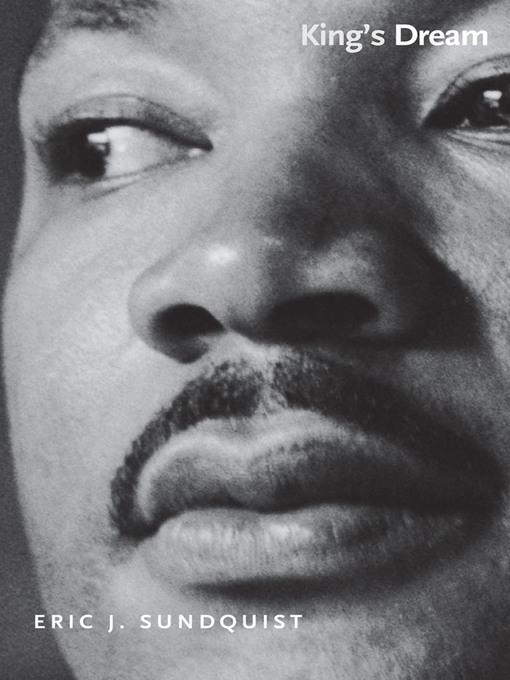
King's Dream
Icons of America
کتاب های مرتبط
- اطلاعات
- نقد و بررسی
- دیدگاه کاربران
نقد و بررسی

November 10, 2008
To this day, nobody knows what prompted Martin Luther King Jr. to depart from his prepared remarks during the August 28, 1963, March on Washington and deliver what is probably the most famous impromptu speech in American history. Was it the realization that the 40-year-old preacher from Atlanta hadn’t yet connected with his audience? Was it the manifest destiny he felt as a child, that one day he would “have me some big words” like the preacher of his own church? Or was it the provocation of gospel singer Mahalia Jackson, who called to King to “Tell ’em about the dream, Martin!” According to Sundquist (To
Wake the Nation
), not even the master orator could put a finger on his extemporization. “I started out reading the speech,” King recalled, then “all of a sudden this thing came out of me.” The author investigates the origin of King’s powerful words and places them in the context of JFK’s political maneuverings, the powerful new medium of television news and the complicated strategy behind the simple march. Exhaustively researched, this book delivers an exegesis of the speech and a captivating account of King’s motivations and turbulent times.

Starred review from December 15, 2008
How can both those currently in favor of and those against affirmative action claim that Martin Luther King Jr.'s famous words about black and white children being judged "not by the color of their skin but by the content of their character" support their causes? Sundquist (UCLA Foundation Professor of Literature, UCLA; "To Wake the Nations: Race in the Making of American Literature") argues that our over-familiarity with the words of King's "I Have a Dream" speech actually prevents us from understanding it. Phrases from the speech are now so ubiquitous that they have appeared in Apple computer advertisements and on women's thongs. Sundquist reestablishes King's speech within the larger cultural dialog that it originally belonged to by examining sources such as King's other speeches, the language of cultural debates about race in America at the time that King spoke, and the original audience's probable understanding of King's biblical, political, and constitutional references. An academically strong, readable, and fascinating book; highly recommended.April Younglove, Linfield Coll. Lib., Portland, OR
Copyright 2008 Library Journal, LLC Used with permission.

























دیدگاه کاربران